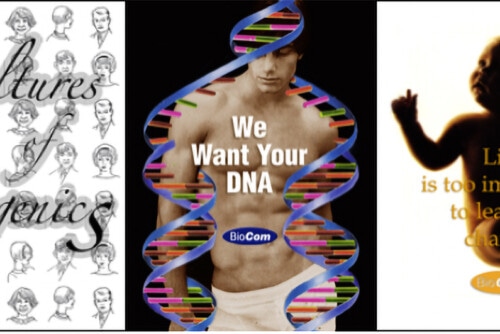Ara Wilson’s 2004 study, The Intimate Economies of Bangkok: Tomboys, Tycoons and Avon Ladies in the Global City, introduces the term “intimate economies” defined as “the complex interplay between intimate social life and political economic systems in a context shaped by transnational capitalism.” 1 Wilson uses “economies” rather than “economy” in order to accommodate the ways that a local kinship economy, folk economy and moral economy operate in relation to the global capitalist economy, thereby usefully denaturalizing and pluralizing the definition of a too often reified term. 2 Drawing from cultural anthropology to argue that economies incorporate social and cultural realms, and from social theory to show that social life is linked to economic affairs, Wilson deploys intimate economies in ways that resonate with the most expansive uses of social reproduction. She also incorporates a complex argument about the role of markets in shaping sexual possibilities—a crucially productive extension of the usual limits of that concept. Critiques of homonormative marriage politics within queer studies also pursue this extension, linking the lesbian and gay pursuit of domestic respectability to conformity with the demands of the neoliberal state and economy. 3
Ultimately, the search for useful and flexible concepts is not only a project for scholars motivated primarily to explain contemporary political configurations and dilemmas. We need concepts that can help us intervene in them effectively. Right now, the separation of notions of economic and sexual justice, alongside parallel separations from racial and gender justice, leave us crippled in the face of neoliberal policy activists who are very skilled at creating false divisions, deploying substitutions and distractions, and generally forwarding their goals with category manipulations of all kinds. The U.S. public is induced to support aggression against Muslim and Arab populations through the deployment of images of “their” traditional gender and sexual mores vs. “our” modern egalitarian ways. Marriage is represented as a “values” issue, rather than a political and economic institution. Persistent racial inequality is represented as due to black family forms, rather than to political and economic histories and practices. Effective opposition to such political strategies requires clarity about the deep connections across the categories of political, economic, and everyday life. If feminists cannot illuminate the web of relationships between economic and sexual justice, for instance, there is no question that our opponents can manipulate them with relative impunity.
So there is a lot at stake, in our concepts as well as our theories, strategies and alliances. Perhaps a term like social reproduction can become expansive enough to illuminate the web of connections that is too flexible, shifting, complex and globally variable for the term intersectionality to capture. If it can’t, then we’ll need another one.
- Ara Wilson, The Intimate Economies of Bangkok: Tomboys, Tycoons and Avon Ladies in the Global City (Berkeley: University of California Press, 2004), p. 11.[↑]
- For a historical denaturalization of the term “economy,” see Timothy Mitchell, The Rule of Experts: Egypt, Techno-Politics, Modernity (Berkeley: University of California Press, 2002).[↑]
- See, for instance, Anna Marie Smith, Welfare Reform and Sexual Regulation (New York and London: Cambridge University Press, 2007).[↑]



